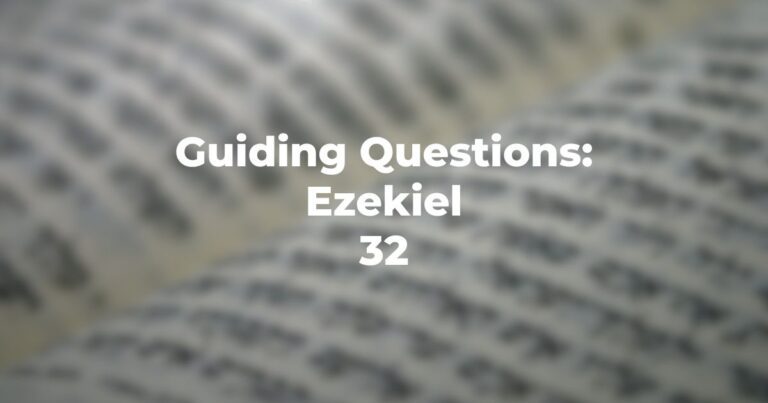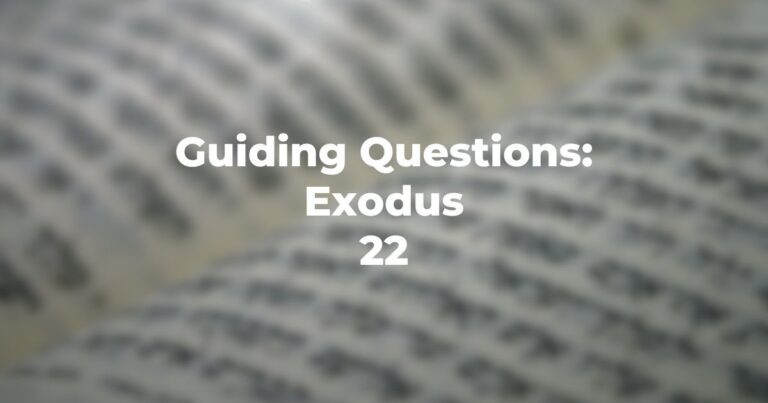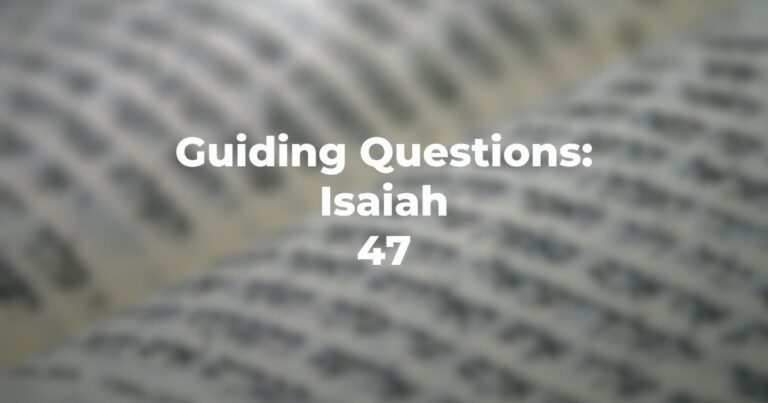- What was the tension between the “men of Ephrayim” and Yerubaal and how did he seek to “placate” their irateness?
- Note Judges 8:4 and the reference to “ayayfim” which, in the context of those days meant more than “being tired” — actually, weary unto death. That will help explain what follows. (Vide: Jacob/Esau narrative — the birthright and the description of Esau.)
- Why do the men of Sukkot react in such a cool manner?
- And what does this exchange indicate as to the fealty of one section of the country or one “tribe” for the others?
- Would Gideon’s (Yerubaal’s) reaction seem to be warranted? As a matter of fact, might it be considered moderate — or excessive?
- In Judges 8:8 we encounter a familiar place name which surfaces in the Jacob story — Pneuel — and, as well, a response which indicates that the men of Sukkot were not alone in questioning Gideon’s authority and “prospects.” Within the context of that era (as we can ascertain it) would that reaction have been “reasonable”?
- What is meant by “hamigdal hazeh”?
- In spite of weariness and small numbers Gideon is victorious where Zevah and Tzalmonah are concerned and what is his first act upon returning from the victory?
- What does Judges 8:14 indicate regarding the education level of at least some of the residents?
- Judges 8:20 has an interesting reflection on the attitude of younger people towards violence — in spite of the “norms” of that era. What would it imply as to the youth?
- The word shaharonim is translated in the Aramaic by “ankaya.” That word sounds very much like “anak” which is usually translated “giant.” Would this translation indicate that there is another possible meaning to the word?
- Victory leads to recognition — how is this reflected in Judges 8:22?
- What is the theological centrality of Gideon’s response (Judges 8:23)?
- Judges 8:24 refers to the residents as “Yishmayelim” but they had been referred to “Ish Yisrael.” Does this imply that they were of a different genre of Israelites or that, perhaps, the term generally implies “traders”?
- Judges 8:27 refers to “eyfod” (a term usually associated with the vestments of the Kohanim) — but, in this instance, an object of worship asJudges 8:27 implies. And, what verb appears in that verse to document that the worship was idolatrous?
- Is there any indication as to what became of the “eyfod” during Gideon”s lifetime or following his passing?
- In Judges 8:33-34 the refrain which is constant in shoftim reappears: what is that refrain” And what is the observation of the author as to the genuine source of “salvation”?
- Memory is a sometime thing — how does Judges 8:35 document this?
Author
-

Exploring Judaism is the digital home for Conservative/Masorti Judaism, embracing the beauty and complexity of Judaism, and our personal search for meaning, learning, and connecting. Our goal is to create content based on three core framing: Meaning-Making (Why?), Practical Living (How?), and Explainers (What?).
View all posts





